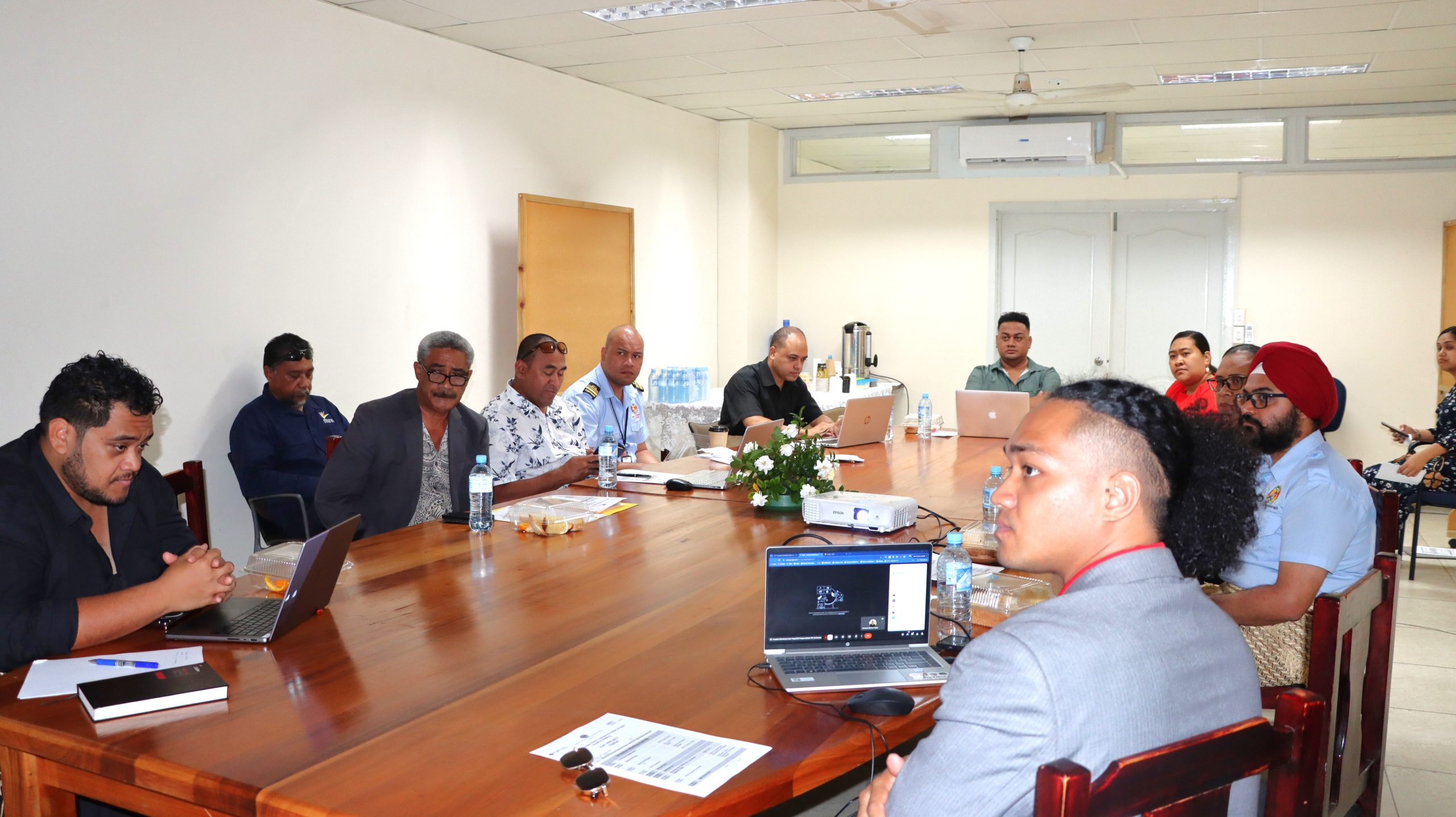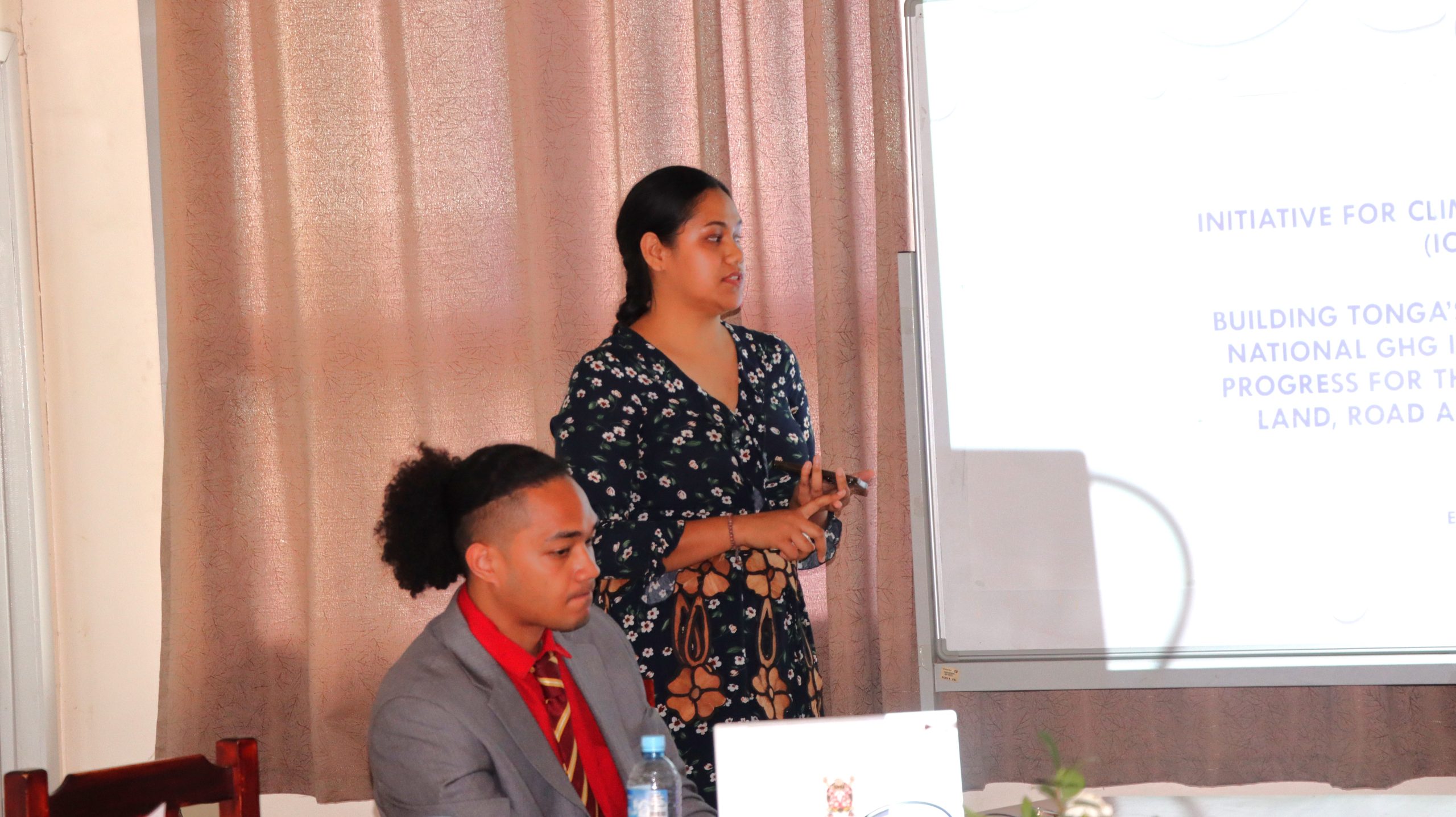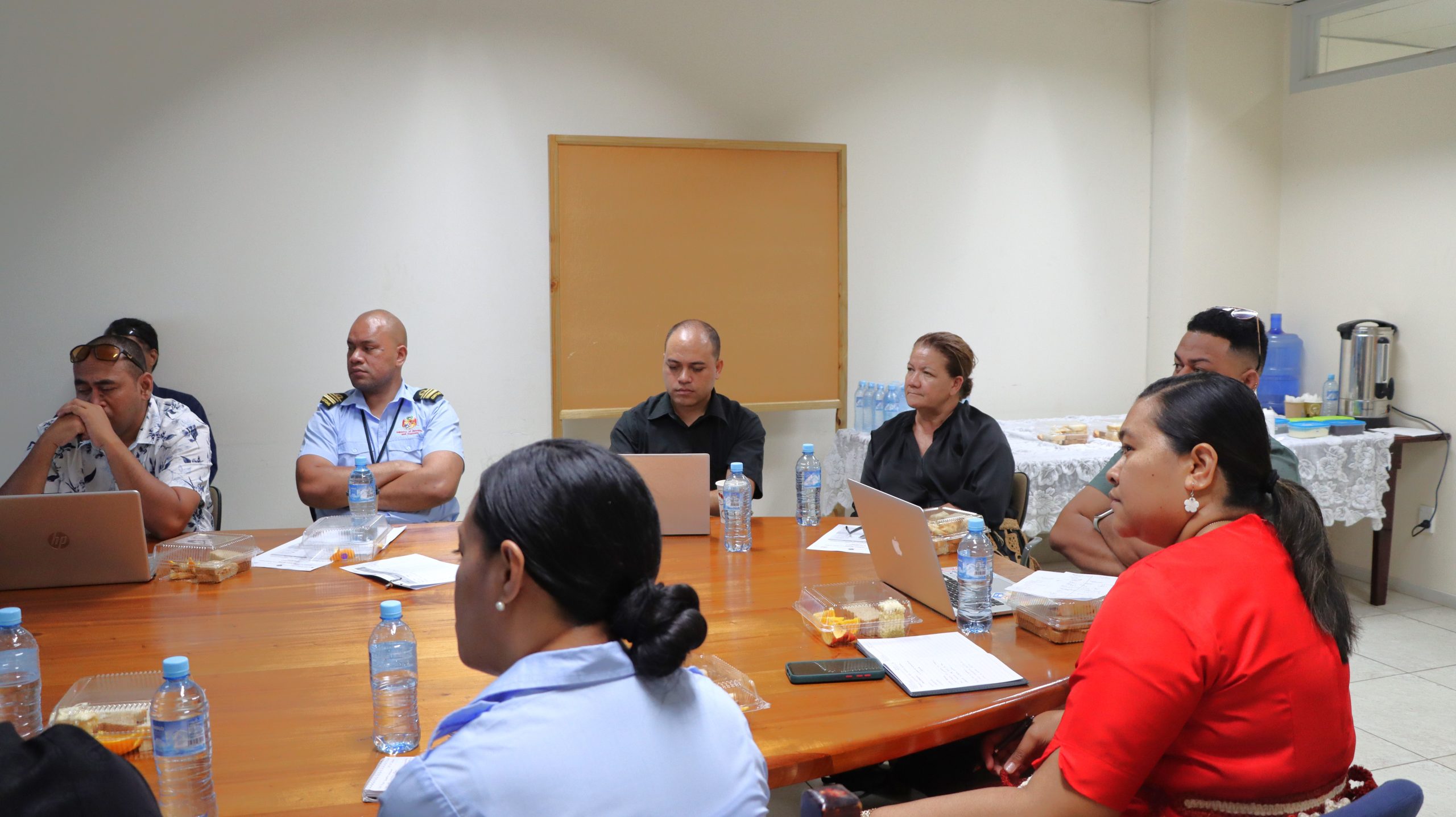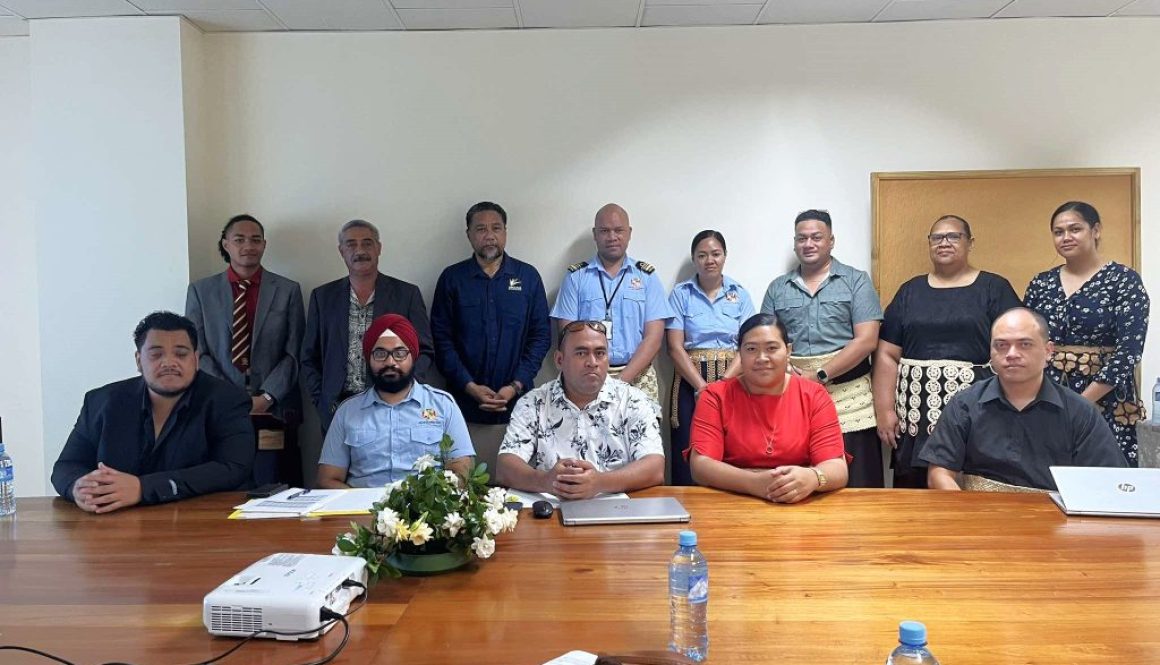Tonga Launches Collaborative ICAT Project to Advance Climate Transparency and Ambition
October 29, 2024 – Nuku‘alofa, Tonga
The Initiative for Climate Action Transparency (ICAT) Project held its Inception Workshop today, marking an important milestone in Tonga’s climate journey. Jointly organized by the Department of Climate Change and the Department of Energy, the workshop brought together representatives from government ministries, non-governmental organizations, the private sector, and international partners to set the foundation for Tonga’s climate goals.

Established in 2015 at the COP that adopted the Paris Agreement, ICAT was created to support the implementation of the Agreement’s Enhanced Transparency Framework. It provides countries with tailored support, practical tools, and methodologies to build robust transparency frameworks essential for effective climate action aligned with national development priorities. The projects supported by ICAT focus on enhancing transparency systems for mitigation actions, monitoring adaptation efforts, implementing Nationally Determined Contributions (NDCs), assessing the impacts of climate-related policies, and fostering collaboration among various stakeholders at the sub-national level.
The workshop opened with remarks from Mr. Eliate Laulaupea’alu, Acting Director of the Department of Energy, who emphasized the project’s significance in enhancing Tonga’s national transparency framework. He noted the ICAT Project’s role in building robust systems to track greenhouse gas (GHG) emissions in line with the enhanced transparency requirements under the Paris Agreement.

Virtually addressing the participants, ICAT Secretariat Representative Ms. Celeste Gonzales praised Tonga’s commitment to transparency, underscoring the importance of cross-sector collaboration for success. She highlighted that the workshop represents the beginning of an impactful journey to strengthen Tonga’s Measurement, Reporting, and Verification (MRV) systems, focusing on critical sectors like electricity generation and road transport. Additionally, she noted that the project will support Tonga in achieving its NDC goals through reliable data and a shared commitment to sustainable development.
Dr. Abdulmutalib Yussuff from the United Nations Environment Programme – Copenhagen Climate Centre (UNEP-CCC) emphasized the role of UNEP-CCC as an implementing partner providing essential technical support and guidance. He expressed that UNEP-CCC is honored to assist Tonga in setting up systems that will strengthen local capacity and ensure sustainable climate actions, focusing on data integrity and effective tracking.

The workshop’s presentations, including an overview of the project’s goals and timeline by Mr. Laulaupea’alu and a representative from the Department of Climate Change, set the stage for a dynamic discussion. Participants from government and non-government sectors, along with private sector representatives, engaged in an open dialogue to address challenges and explore opportunities to achieve Tonga’s climate ambitions. Key insights from the discussion underscored the shared challenges ahead, including resource limitations and data collection, and emphasized the commitment to overcome these hurdles through collaboration.
The ICAT Project Team presented a comprehensive work plan outlining the technical support, data collection methodologies, and coordination efforts required to advance the project. This collaborative effort, steered by a multi-stakeholder partnership managed by UNOPS on behalf of the Donor Steering Committee, includes donors such as the Children Investment Fund Foundation (CIFF), ClimateWorks Foundation (CWF), Germany, Italy, and the UNFCCC Secretariat. This reflects a unified approach toward building a sustainable and transparent climate future for Tonga.

In closing, Mr. Laulaupea’alu expressed appreciation for the involvement of all participants, emphasizing the need for continued partnership. The workshop concluded with a renewed commitment from all stakeholders, setting a strong foundation for achieving Tonga’s NDCs and a sustainable energy future.
ENDS

